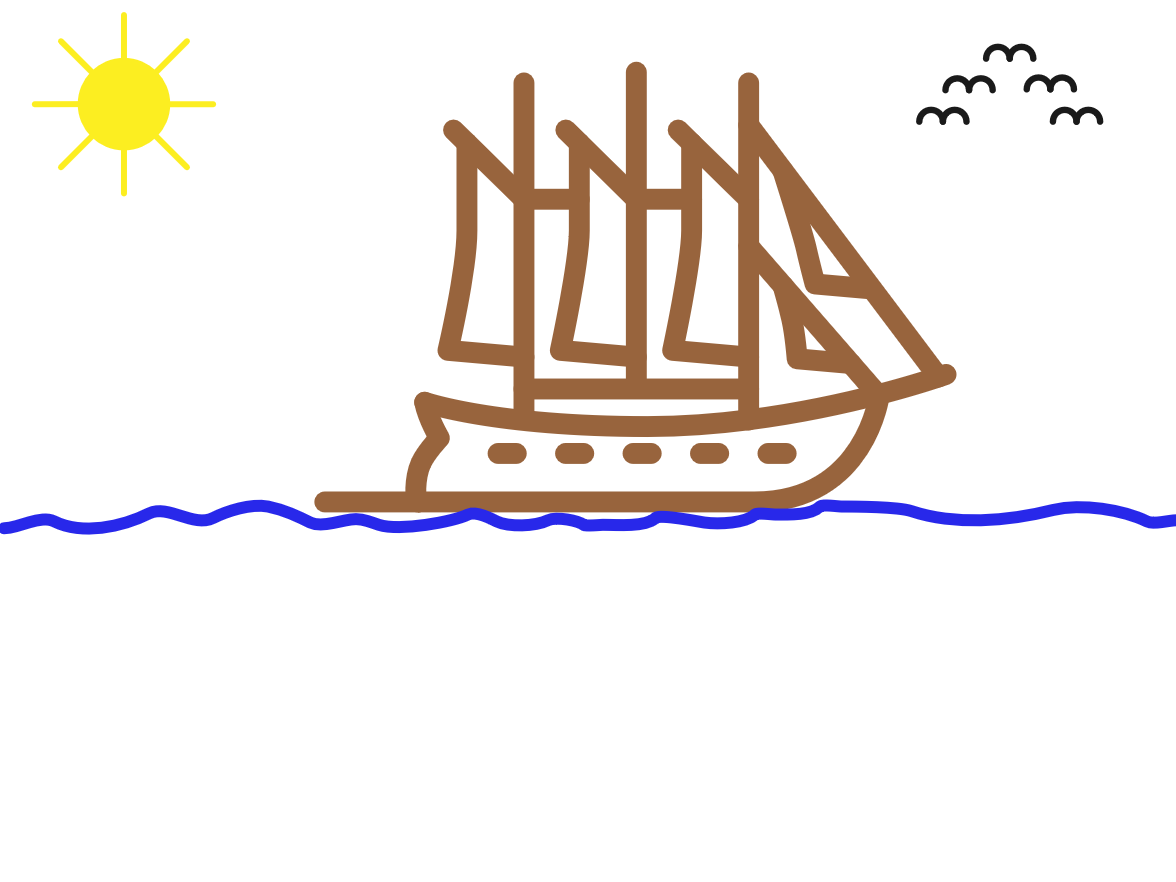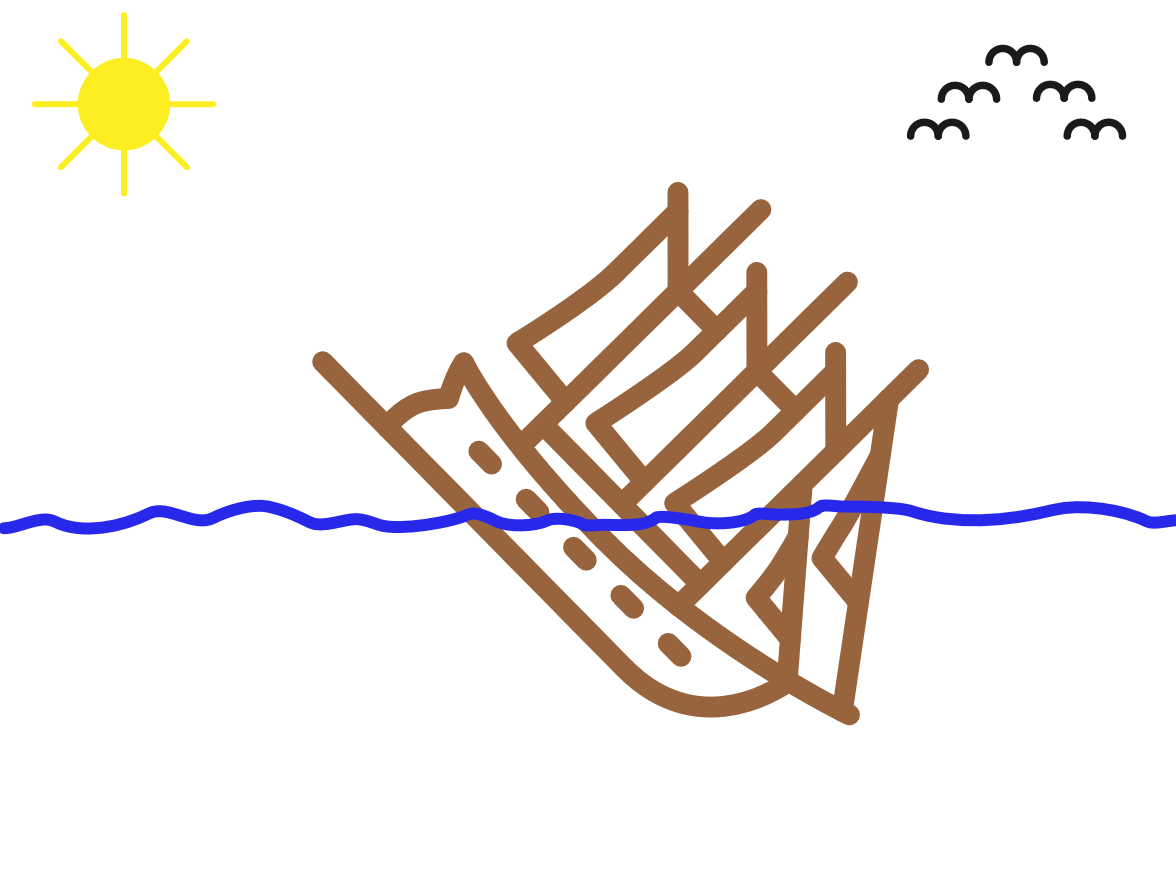How to Use On, In, and At - Prepositions
On
On tells us that someone or something is visibly in contact with and supported by a surface. The key point to stress here is that it is not enough to simply be in contact with a surface; the noun in question must also be supported by it. Otherwise, the preposition to use would be above, rather than on. A quick and simple way to remember this rule is to take your hand and place it on objects around you. Everything you touch, whether it be a book, table, chair, phone, keyboard, pen, or even your own face...your hand will be on it, as it will be visible and resting on the object.
When we think of a surface, we generally imagine something horizontal and flat, like a table:
"Your food is on the table."
"The computer is on the desk."
However, it is important not to limit how you view this preposition, because a surface can come in all shapes and sizes. For example, it can be vertical like a wall; uneven like water; long like a road; or tall like a mountain. Basically, if you can put something on top of something else so that it is resting on or attached to its surface (without breaking through it), you should use the preposition on.
That last point is an important one. If something was to break through the surface it is in contact with, it would no longer be on it, and so another preposition such as in, under, or beneath would need to be used instead. Let’s look at the example of water. A boat floats on the surface of water, therefore it is described as being on it:

However, if a boat broke through the surface, like if it sank, it would then be described as being in, beneath, or under the water:

Examples of on:
“The picture was hung on the wall.”
“Her office is on the first floor of the building.”
“The plane landed on the runway.
“There was a cut on his leg.”
“I took my fishing boat out on the river.”
“The shop is on the main street.”
In the category of time, On is most commonly used for specific days and dates and usually deals with small blocks of time.
For example:
“We will eat turkey on Christmas day.”
“My birthday is on Monday the 13th of March.”
“I will leave work early on Friday afternoon.”